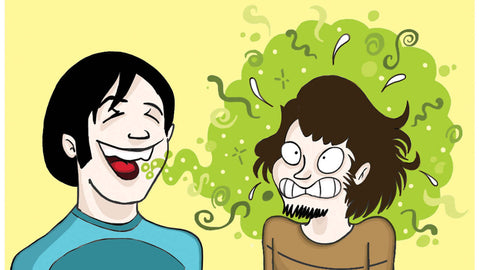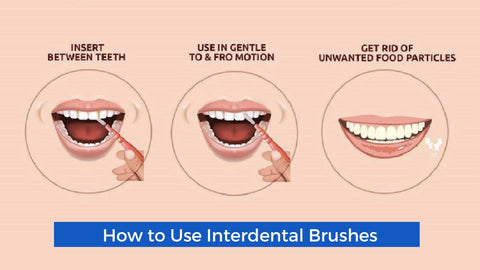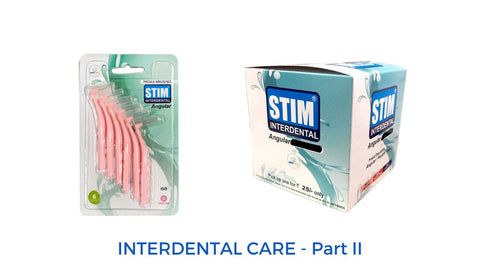Once upon a time, a handsome and brave prince was about to kiss his sleeping beauty to wake her up from eternal slumber. He was inches from her lips with passion burning in his heart. Suddenly, her disgusted “you stink” shattered his world (Eww!!! Not such a happy ending after all).
Halitosis, or chronic bad breath, is a common phenomenon affecting 35-45% of the world’s population (are they adding to our global warming issue, we wonder!).
Halitosis is an epidemic, mainly because the person affected is not even aware of their situation (no bud, it’s not your personality! It’s your breath). They are so used to the smell of their own breath that they don’t even have a clue about having such a condition. Halitosis can be easily avoided if you know the symptoms and the causes.
Some of the most common causes of Halitosis:
- Dehydrating Mouth: Sometimes you feel a fuzzy, cotton-like sensation inside your mouth—a symptom of dry mouth. When your mouth is dry, your saliva streams down your tongue slowly, which results in bad breath. A moist mouth prevents odor by keeping your mouth clean. Factors such as consuming alcohol or coffee, breathing through your mouth, some medications, and xerostomia can lead to a dry mouth, causing bad breath.
- Oral hygiene: Your mouth is home to numerous germs, and when you don't floss and brush regularly, you give them a long-term stay.
- Smoke, Chew, Repeat (Tobacco): Smoking or chewing tobacco leaves an odor. The chemicals released while smoking or chewing tobacco reduce saliva production, resulting in a dry mouth.
- Foods for thought: Some foods are definitely kiss killers. Onions, garlic, or caffeine can linger longer than you think and cause temporary halitosis.
Since prevention is better than cure, you know what your next step should be. For more information on other areas of oral health care, check out our other blogs.


